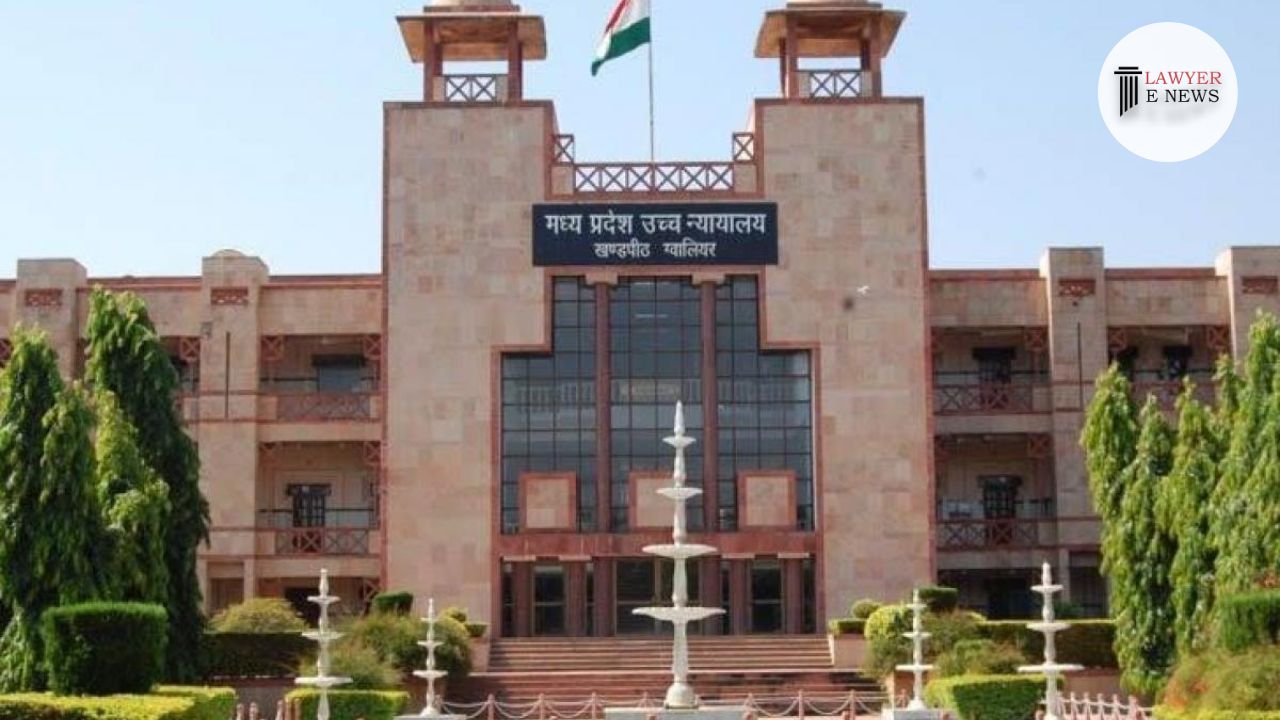-
by Admin
15 February 2026 5:35 AM



Madhya Pradesh High Court, in Prakash Soya Ltd. v. State of M.P. & Ors., ruled in favor of the state, upholding the levy of entry tax on crude soybean oil brought into the state for refining. The court rejected the argument that refining crude oil does not constitute "use" or "consumption" under the Madhya Pradesh Entry Tax Act, 1976.
Prakash Soya Ltd., a company involved in importing crude soybean oil and refining it into edible oil, challenged the imposition of entry tax by the Madhya Pradesh tax authorities. The company contended that the refining process did not amount to manufacturing, and thus the crude oil was not "used" or "consumed" within the state, exempting it from entry tax under Section 3(1)(ii) of the Entry Tax Act.
The petitioners relied on various Supreme Court judgments, asserting that no new commodity emerged from the refining process and that no entry tax should be levied on goods that were exported after refinement.
The central issue before the court was whether refining crude soybean oil constitutes "use" or "consumption" for the purposes of imposing entry tax. The petitioners argued that crude oil remains the same commodity after refining, and thus the process does not amount to consumption or use.
However, the court disagreed, holding that the refining process transforms crude oil into a consumable product—refined soybean oil—which is sold in the market. It noted that even though refining does not amount to "manufacturing" under the Madhya Pradesh Commercial Tax Act, 1994, it constitutes "use" under the Entry Tax Act.
Justice Vivek Rusia, in his ruling, emphasized that the transformation of crude oil into refined soybean oil through processes like degumming, deacidification, and deodorization, resulted in a marketable product distinct from crude oil. The court further explained that for purposes of entry tax, "use" includes any process that results in a commercially viable product. Therefore, the crude oil was indeed "used" within the state, making it subject to entry tax.
The court also upheld the orders of the revisional authority, concluding that no grounds existed to interfere with the levy of tax.
The Madhya Pradesh High Court’s ruling clarifies that refining crude oil qualifies as a taxable use of goods under the Entry Tax Act. This decision reinforces the state's authority to levy entry tax on goods brought into the state for processing and later sold elsewhere.
Date of Decision: September 23, 2024
Prakash Soya Ltd. v. State of Madhya Pradesh & Ors..
